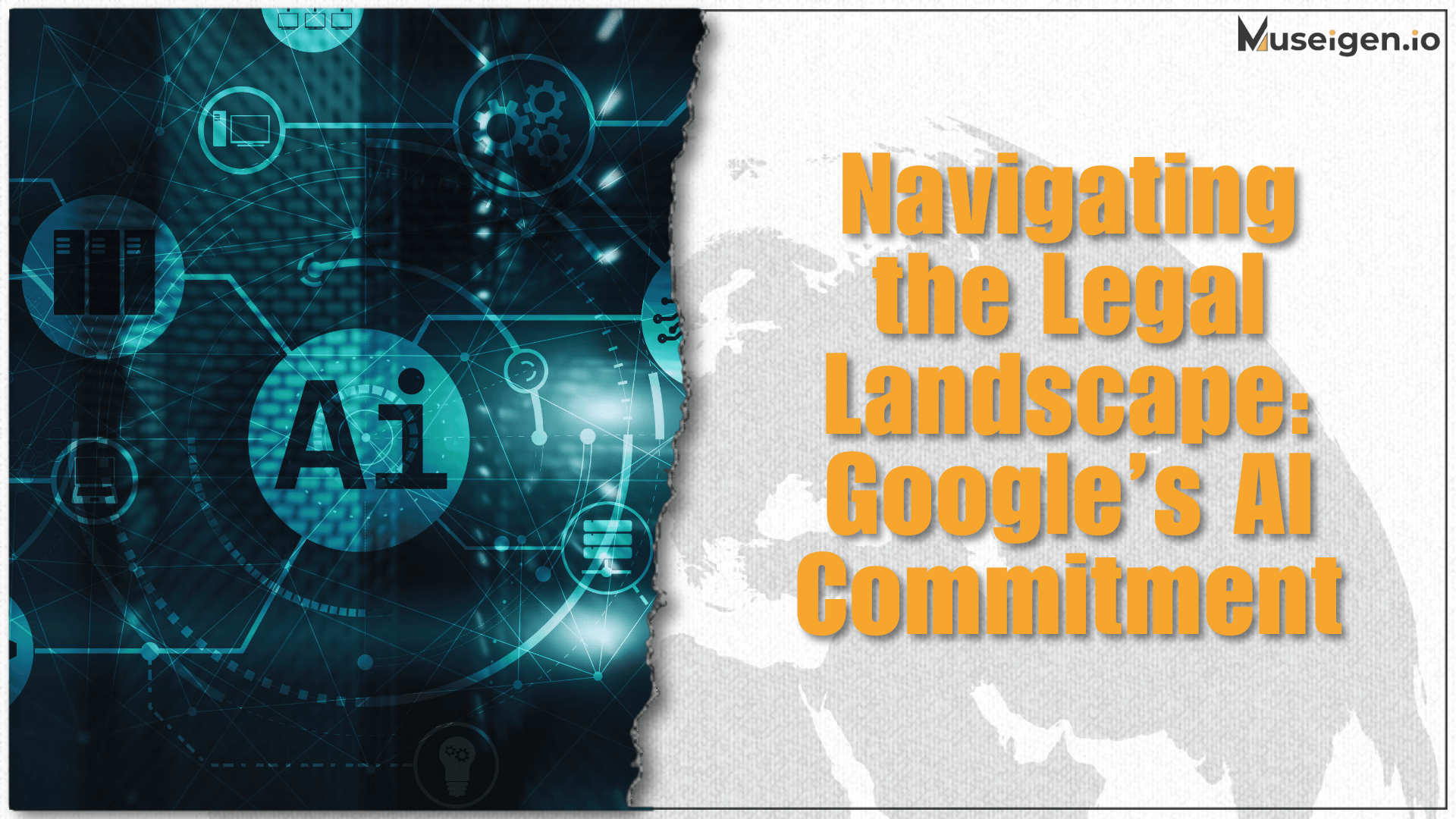Amid a legal storm surrounding its AI services, Google is taking a firm stance, committing to defend its users against copyright infringement claims. The tech giant is navigating through turbulent waters as the implications of generative artificial intelligence (AI) on copyright and privacy rights are becoming increasingly evident.
Google is currently embroiled in a series of legal challenges as questions arise about the impact of generative AI on intellectual property rights. Despite these challenges, Google is actively defending its AI training practices and has boldly promised to protect users of its generative AI products from copyright infringement accusations.
However, this protection is limited to seven specific products, leaving Google’s Bard search tool exposed and raising numerous questions about accountability and the protection of creative rights in the rapidly evolving field of AI.
The tech giant’s initiative is seen by many as a strategic move to safeguard the burgeoning AI industry rather than a simple reactive measure. The legal landscape surrounding generative AI is becoming increasingly complex, with debates reigniting over copyright issues, this time with a modern twist. The central issue revolves around whether the data used to train AI models and the output generated by these models infringe upon proprietary intellectual property rights.
Google’s legal strategy is twofold: indemnifying both its training data and the output generated by its AI models.
The company has committed to taking legal responsibility if the data used to train its AI models is accused of violating intellectual property rights. Additionally, Google aims to shield users from claims that content created by its AI services, including text, images, and other types of content, infringe upon someone else’s data. This protection extends to a wide range of Google’s services, such as Google Docs, Slides, and Cloud Vertex AI.
Google’s stance in the face of legal accusations is clear: it is ready to defend its AI practices and protect its users. However, the legal battles it faces are about more than just copyright infringement; they touch upon fundamental questions about data ownership on the internet and the extent to which this data can be used to train AI models. As the tech giant navigates these complex legal waters, the outcome of these battles could have far-reaching implications for the future of AI and copyright protections.
———————————————–
Disclaimer: “The articles on this website reflect the opinions of the respective writers and are not the opinion of Museigen.io. In addition, nothing in this article should be considered as financial advice. It is essential to conduct your independent research and consult with a qualified financial advisor before making any financial decisions.”
Read source article here.


